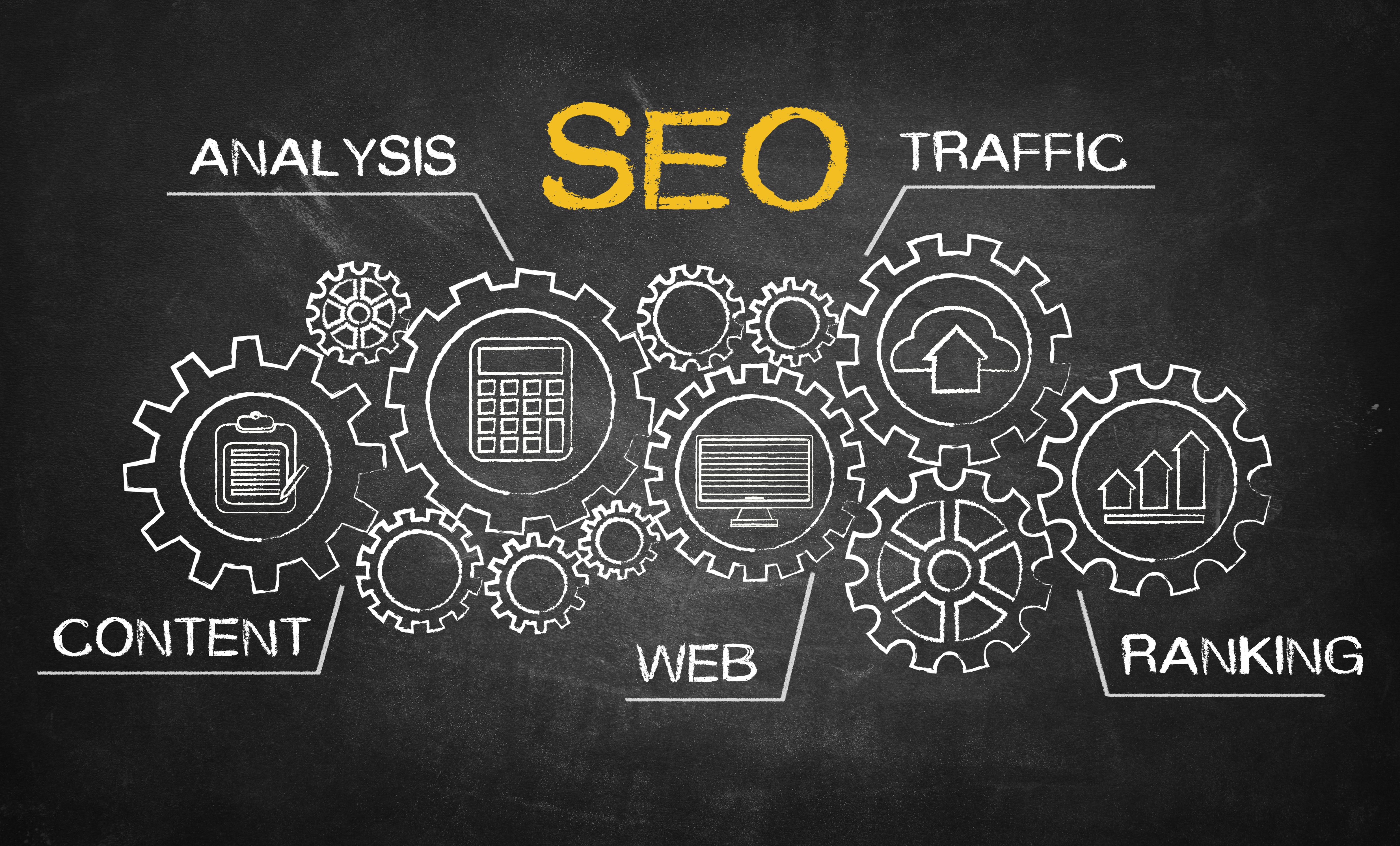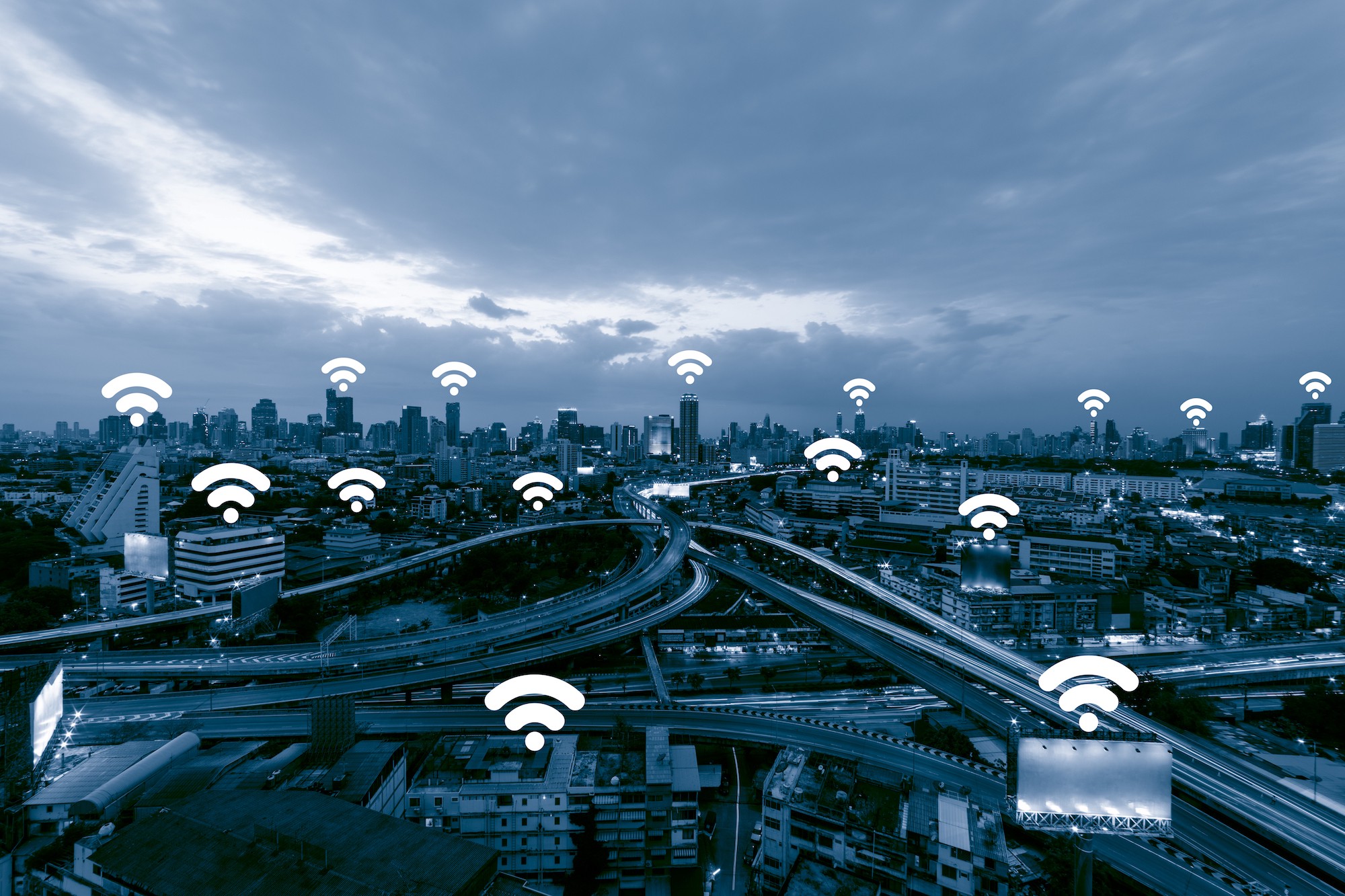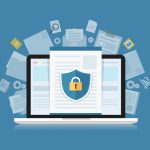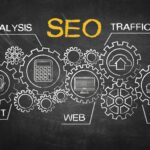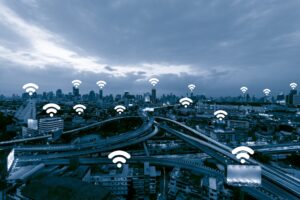
12 April, 2021blog
The key to urban planning and smart city development is data, experts say. That sounds easy enough considering the amount of data available today, but challenges persist.
For one, cities don’t have a great track record with data management.
“Cities operate a lot of things still on paper,” said Justin Dennis, CTO and co-founder of Urban SDK, a software-as-a-service company. “There’s a massive transformation” that needs to happen, he said, starting with the ability to share data.
Traditionally, each city agency managed its data independently, and what’s important — or not — changed along with administrations, resulting in silos across agencies and duplicative efforts.
“You have the Department of Transportation that’s responsible for operating and maintaining roads, you have metropolitan planning organizations that are responsible for planning new roads, you have city and county traffic engineers that are also responsible for it, you have transit agencies that are responsible for getting people around and using the facilities, you have law enforcement that’s responsible for securing it — and all of those organizations act independently,” Dennis said. “While they still share the same roads, they don’t share the same data.”
“Governments are understanding that the value of data is much more important,” Holland said. “It’s not just saying, ‘OK, I have a ton of data,’ but making sure that the data is not only useful but it’s correct — the way that you’re collecting it or storing it.”
“There’s lots of sources of data,” Chiasson added. “It’s how you can beneficially apply the data in a way that’s sustainable. If you don’t think about how you anonymize data, what datasets you will allow to be linked vs. which ones you won’t, how long you’re looking to retain data, who has the ownership of the data, how you distribute the benefits of the data, that’s where things start to break and … you come to controversy.”
Cities must understand the full set of stakeholders who should be involved in setting data governance policies. They include civic authorities, the public, the private sector, technology providers and academic experts. Then they need to look at smart city projects as an “integrated ecosystem,” which means using the data for the collective benefit of the city, public and private sector, Chiasson said.
“In a lot of cases, the costs are concentrated, but the benefits are diffuse,” he said. For instance, improving traffic flow would benefit many stakeholders, but the cost tends to be concentrated with the agency paying for sensors and algorithms. “Holistically tying that together … is the way you start to have data that’s good and data that’s valuable,” Chiasson said.
And valuable means data that can be turned into usable information. For instance, a city may have ridership and traffic data, but if they can’t use it to reduce emissions, it’s not helpful.
“Data is not information,” Dennis said. “Oftentimes, what we’ll see is that there’s too much data and not enough ability for the city to convert it into information holistically.”
Urban SDK has a data specification for smart cities that lets them aggregate data from a range of sources and normalize it into one database. From there, the data can be analyzed into information. If each agency manages its data and then shares it without standardization though, other agencies have no idea how it was organized and therefore have no way to transform it and load it into their own analytics, Dennis said.
Chiasson and Holland said the COVID-19 pandemic has been an inflection point for the future of smart cities. With 5G on the horizon, opportunities for connectivity will only grow.
“The data is an imperative. It’s not something you can do after the fact. It’s not something that just falls out of what you’re doing. It needs to be done first and foremost,” Chiasson said.

